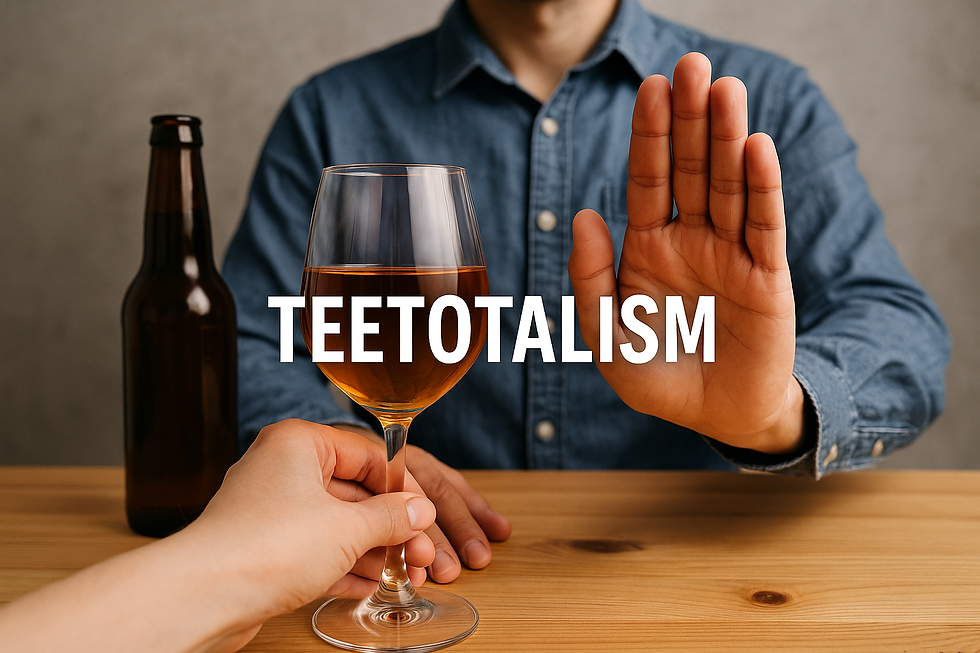Navigating ADHD Treatment: Medication, Therapy, and Lifestyle Adjustments
- The OAD Clinic

- Apr 30, 2025
- 2 min read
Introduction
Living with ADHD can feel like navigating a complex maze. Whether you or a loved one has been diagnosed, understanding treatment options is vital to managing symptoms and improving day-to-day life. ADHD treatment isn’t one-size-fits-all—it often involves a combination of medication, therapy, and lifestyle adjustments. Let’s dive into the possibilities and explore how to create a plan tailored to individual needs.

Medication for ADHD: Separating the Myths from Reality
What Does ADHD Medication Do?
ADHD medications are designed to help regulate brain activity, improving focus, reducing impulsivity, and enhancing overall executive functioning. They don't "cure" ADHD but can alleviate core symptoms, making daily life more manageable.
How does ADHD Medication work?
Most ADHD medications work by targeting neurotransmitters like dopamine and norepinephrine—chemicals responsible for attention, motivation, and emotional regulation. By fine-tuning these chemical pathways, medications help individuals maintain focus and control.
What Medication is used for ADHD?
Common medications fall into two categories:
Stimulants: Such as methylphenidate (Ritalin) and amphetamines (Adderall), which increase neurotransmitter activity.
Non-Stimulants: Such as atomoxetine (Strattera), often used when stimulants aren’t suitable.
These treatments are effective for many, but understanding side effects and working closely with a healthcare provider is crucial for safe use.
Therapy and Lifestyle Adjustments that Make a Difference
Therapy
Behavioural therapy, cognitive-behavioural therapy (CBT), and parent training (for children) can complement medication or stand alone. These approaches focus on managing behaviours, building coping mechanisms, and creating structure in daily life.
Lifestyle Adjustments
Small changes can yield big results. Here’s how:
Dietary Choices: Balanced meals rich in protein, omega-3 fatty acids, and complex carbs support brain health.
Exercise: Physical activity boosts dopamine, improving attention and mood.
Sleep Hygiene: A consistent routine and limiting screen time before bed can reduce hyperactivity and improve focus.
Mindfulness Practices: Meditation and relaxation techniques reduce stress and improve self-awareness.
Managing ADHD without Medication as an Adult
Adults who prefer non-pharmacological treatments can benefit from:
Time management apps to structure their day.
Coaching to develop organisational skills.
Support groups to connect with others facing similar challenges.
Creating your Treatment Plan
How to choose the right Approach
Every ADHD journey is unique. Work with a healthcare provider to evaluate factors like age, symptom severity, and personal preferences. Ask yourself:
Do I need immediate symptom relief for work or school?
Am I open to trying therapy or making lifestyle changes?
How comfortable am I with medication?
Trial and Adjustment
Finding the right treatment often involves some trial and error. Be patient and communicate openly with your doctor about what’s working—and what’s not.
Balancing Treatments for a better Life
Managing ADHD requires a thoughtful, multifaceted approach. Medication can provide the groundwork, but therapy and lifestyle changes build the structure needed for long-term success. Whether you’re considering your first treatment or re-evaluating an existing plan, remember that balance is key. With the right support, navigating ADHD doesn’t have to feel overwhelming—you’re not alone on this journey.




Comments